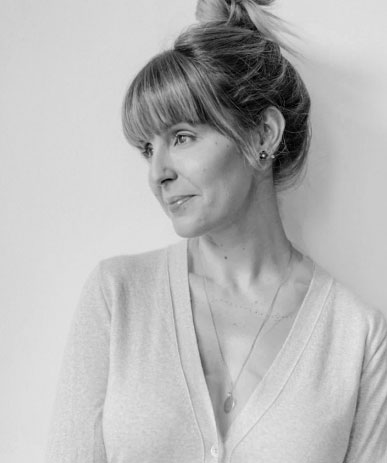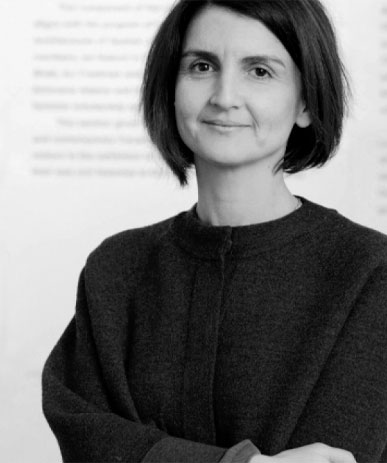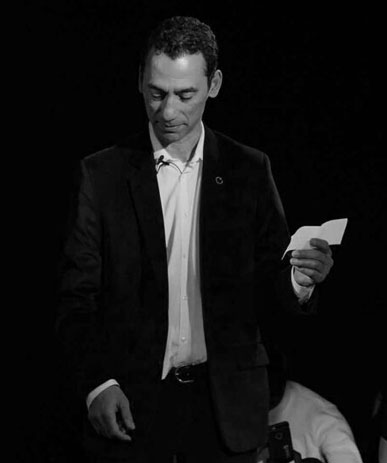DESIGNS
By: Dylan Wang
Indigenous people in the post-settler of Canada have long suffered great inequalities and injustices from the beginning of colonization till today. At the intersection of transitional justice and architecture, the Itinerant Landback Museum aligns itself with a growing social movement calling for the dismantling of oppressive colonial systems and greater Indigenous land sovereignty. Architecture can contribute to new political spaces but can harm the movements it aims to support by supporting the legitimacy of the system in which it operates.
The Itinerant Landback Museum circumvents this by operating outside the dominant government’s purview. It consists of a decentralized cluster of square modular units that radically subverts normative understanding of land ownership by occupying public spaces in the middle of settler cities and bringing Indigenous issues to the forefront of public debate. A permanent Indigenous group that manages the museum forms connections with local groups and modifies the museum to suit local needs and context thanks to its modular structure.
The museum hosts public assemblies, events of listening/telling, activist exhibitions, public performances, and film screenings to encourage Indigenous-led collaboration towards meaningful solutions to systemic societal issues.
At night, the museum shifts its program towards responding to urgent needs by offering safe spaces, services, and resources to those in need. Every few months, the museum is disassembled and moved to a new city to repeat its method there. As it travels the country, it contributes to the emergence of a new understanding of the long-reaching effects of a colonial system and a collective commitment to its dismantlement for long-term peace and justice.

is an author, speaker, columnist, and podcaster in the fields of architecture and decorative arts. She is completing her MA in Art History at Concordia University, Montréal, and holds a Bachelor of Commerce with a major in Marketing from John Molson School of Business. She studied Industrial Psychology in Los Angeles, California. Sicotte is the author of two published books on design (2015, 2018) published by Les Éditions Cardinal.

is a Colombian PhD candidate in the Department of Art History at Concordia University. She has a background in architectural design and community activism and holds a master’s degree in Building and Urban Design from the Bartlett School of Architecture in London, England. Her interests focus on socially-engaged art, social movements, collaborative activism in post-conflict scenarios, collectively-produced art, and art produced in relation to the built environment.

is a PhD candidate in Humanities at Concordia University. His research focuses on spatial agency, social aesthetics, youth narratives, and graphic representations of urban memory. He has published on the relationship between children, play, and public space in Cartagena, Colombia. He has also worked as an editor on literary projects, including Territorio Fértil, which received the María Nelly Murillo Hinestroza award for Afro-Colombian literature.

is Associate Professor and Canada Research Chair in Architectures of Spatial Justice (Tier 2) at the Peter Guo-hua Fu School of Architecture at McGill University, Montréal, Québec, Canada. Her research interests include low-income housing and participatory design, civil protest and urban design, and campus landscapes and race. Her publications include the co-edited book, Orienting Istanbul (2010) and solo-authored book, Istanbul Open City (2018).

is an artist and a professor of Art History at Concordia University. Her work focuses on women and the history of the built environment, urban landscapes, research-creation, and oral history. She has published on the spatial history of the suffrage movement, public art, gardens, and the politics of urban change. In addition to her research on the spaces of restorative and transitional justice, she is leading an oral history project on the urban memories of diverse Montrealers.

is Associate Professor in the Department of Theatre at Concordia University, Montreal (Quebec, Canada). He is also the second co-director of Concordia’s Centre for Oral History and Digital Storytelling. His latest publications explore listening in the context of post-conflict performances of memory. For instance, see ‘Facilitating voicing and listening in the context of post-conflict performances of memory. The Colombian scenario.’ In: De Nardi, S., Orange, H., et al. Routledge Handbook of Memoryscapes. Routledge: London. (2019), and his article ‘Not being able to speak is torture: performing listening to painful narratives’. International Journal of Transitional Justice, Special Issue Creative Approaches to Transitional Justice: Contributions of Arts and Culture. (March, 2020)